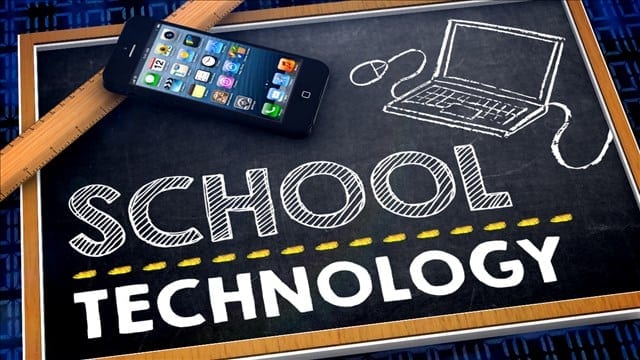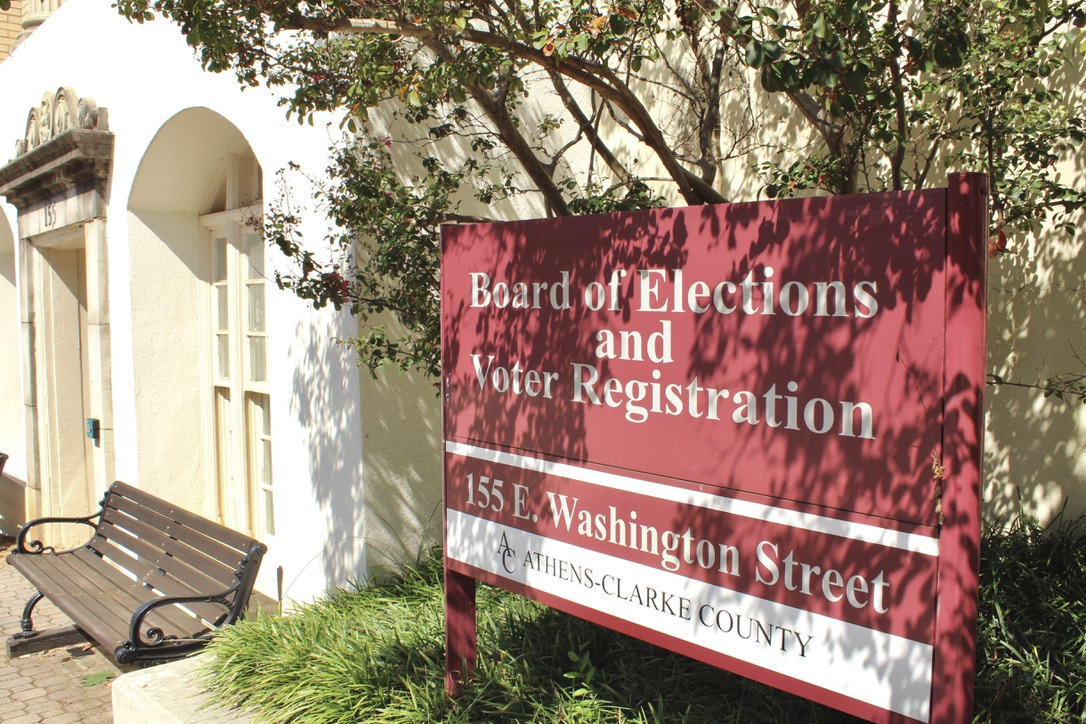Technology has become an important tool for college education and learning. Students and professors alike are using laptops, cellphones, and online courses to engage with one another, process, and distribute information.
Dr. Helene Halstead, the Innovation Initiative Coordinator at UGA’s College of Education, says that she has taught online and supports online teaching.
“I’m frequently working with instructors on strategies and how to keep their students engaged,” Halstead says. “To make sure the students feel like they have a connection to their teacher. Even things like how to prevent your student from cheating on an online course.”
University of Georgia and PhD student, Jinny Frederick says that online courses were more flexible, but she preferred face to face courses.
“I’m now in a statistics course where it’s easier for me to grasp the information and apply it,” Frederick says. “I’m able to physically raise my hand and ask a question if I don’t understand something.”
Dr. Halstead says there are ways that teachers and professors can answer students’ questions and keep them engaged.
“There are lots of apps right now that can poll your students or to have them ask a question that you can post online and it’s anonymous,” Halstead says. “I think the point is learning and to be engaged.”
Dr. Halstead says that technological tools can introduce students to new concepts such as virtual reality, even help with literacy, but professors need to be hypervigilant about how they use those tools within the classroom.








